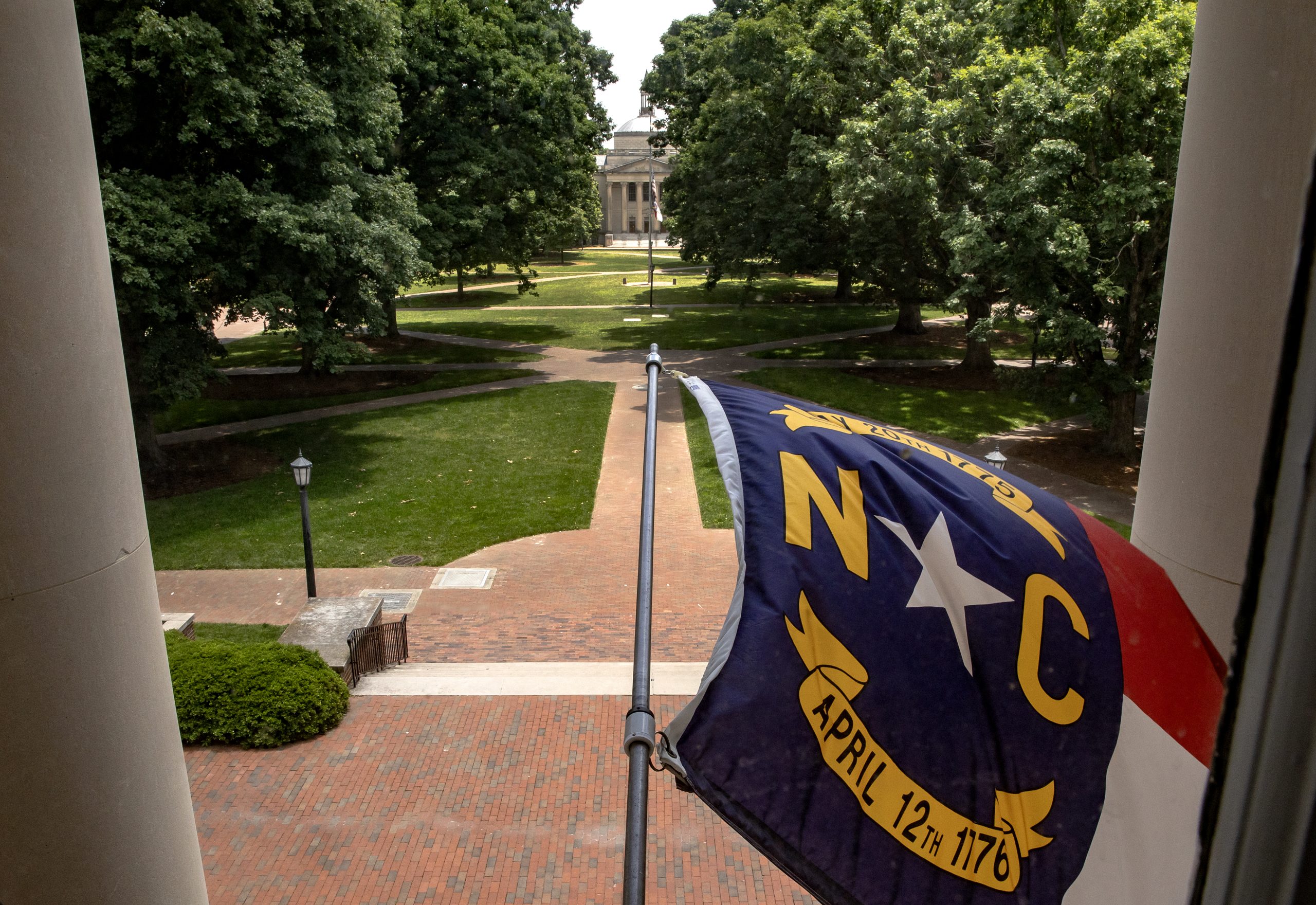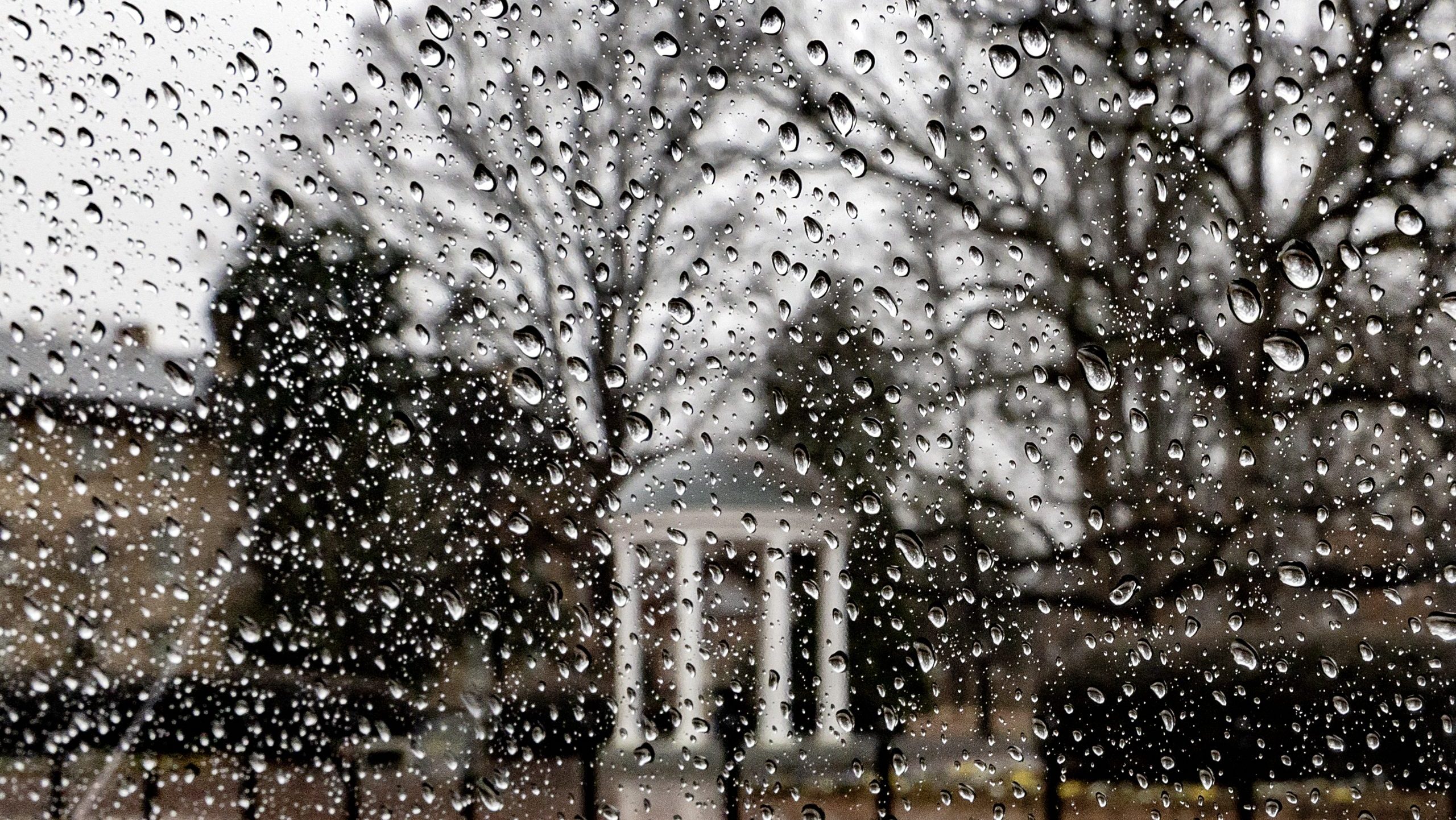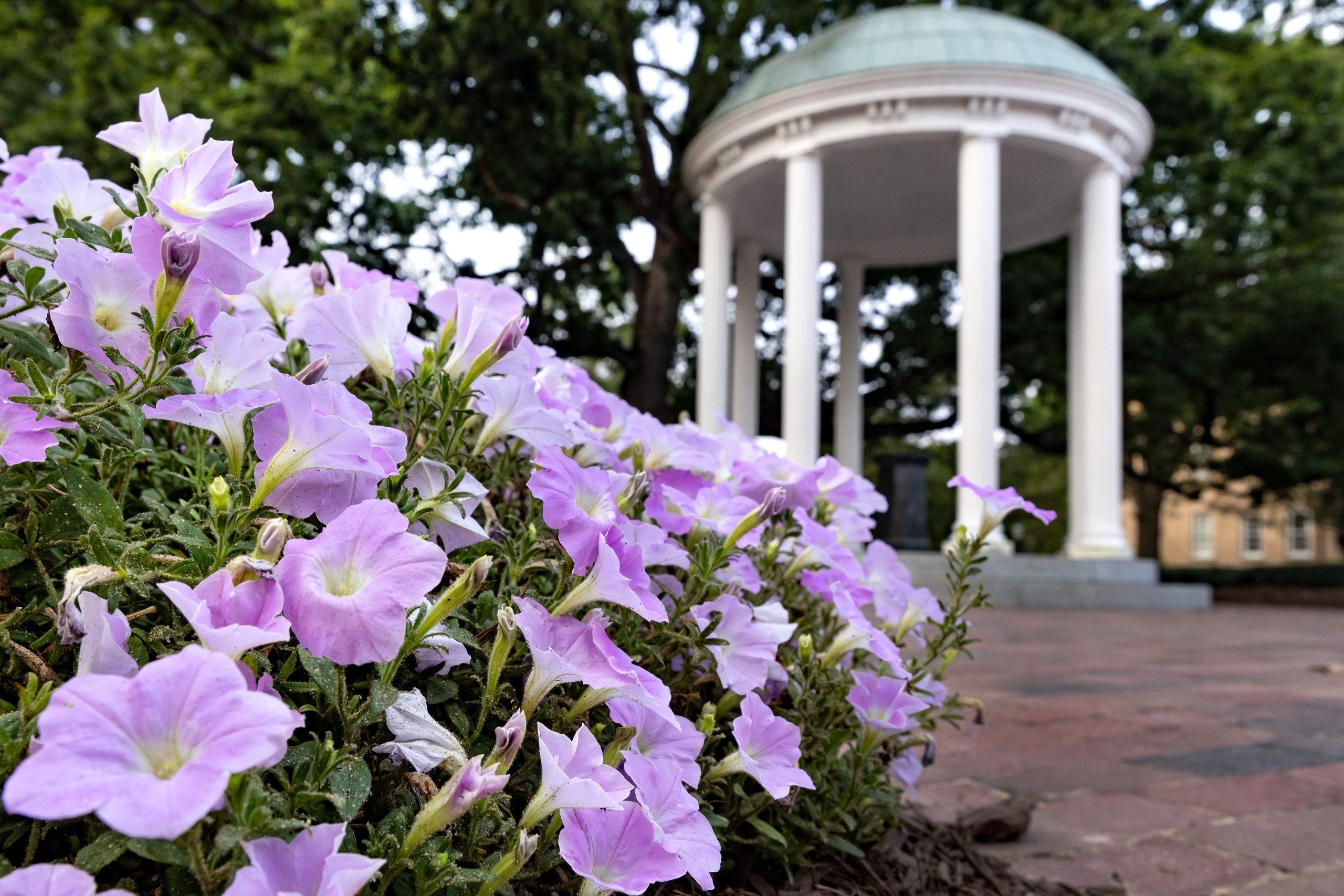University collaboration to create public depository of nearly 4 million documents associated with North Carolina vaping settlement
A partnership between the University of North Carolina at Chapel Hill’s University Libraries and the University of California, San Francisco will create an online searchable public depository of roughly 4 million internal documents from the state of North Carolina’s $47.8 million settlement with electronic cigarette maker Juul Labs.

A partnership between the University of North Carolina at Chapel Hill’s University Libraries and the University of California, San Francisco (UCSF) will create an online searchable public depository of roughly 4 million internal documents from the state of North Carolina’s $47.8 million settlement with electronic cigarette maker Juul Labs.
In 2021, North Carolina Attorney General Josh Stein reached a settlement with Juul Labs over its alleged marketing to teens, which fueled a surge in teen vaping. The two-year lawsuit uncovered internal documents from Juul Labs that offer insight into the company’s strategy and practices. The documents date from 2015 through 2019 and contain a wide range of records including business correspondence, reports, marketing plans, advertisements, sales data, internal research and multimedia files. As part of the settlement, Juul Labs is required to make public many of these documents. These documents will explain how Juul Labs marketed its products and will help make sure that other companies cannot use the same playbook.
“The release of millions of previously private internal Juul Labs documents will be a treasure trove to tobacco control researchers, public health practitioners and the news media,” said Kurt M. Ribisl, Jo Anne Earp Distinguished Professor and Chair of Health Behavior at UNC-Chapel Hill’s Gillings School of Public Health. “Attorney General Josh Stein negotiated to require Juul Labs to disclose their internal emails, reports to investors, and strategy documents. The public will soon learn the truth and get a behind-the-scenes look at how Juul Labs became the leading youth e-cigarette brand.”
Ribisl was an expert witness in North Carolina’s case against Juul Labs and other lawsuits against the company brought by other states.
The first 280,000 documents are now available online as part of the UCSF Industry Documents Library. UNC-Chapel Hill and UCSF will publish the remaining documents monthly, concluding the project in 2025.
The online depository was one condition of the agreement between the state of North Carolina and Juul Labs. Stein selected UNC-Chapel Hill to oversee the $1 million project. Carolina’s library in turn partnered with the UCSF Industry Documents Library, which has extensive experience managing the massive number of records involved in the Truth Tobacco Industry Documents and other collections. The Juul Labs documents will be cross-searchable with more than 18 million other documents in the Industry Document Library’s tobacco, opioid, chemical, drug, food, and fossil fuel industry archives, which have supported over 1,100 publications and had a significant impact on tobacco control and other public health policies in the U.S. and around the world.
“Libraries have deep expertise in managing complex information, along with a strong professional ethos of collaboration,” said María R. Estorino, vice provost for University libraries and University librarian at UNC-Chapel Hill. “This partnership between UNC-Chapel Hill and UCSF is a perfect example of libraries working together to bring vitally important information directly to the public.”
In August, researchers at the UNC School of Medicine received $887,431 from the state’s Juul Lab’s settlement to study e-cigarette use among youth and young adults. The University Libraries at UNC-Chapel Hill is taking additional steps to enhance the usability of the Juul Labs archive. The Library will hire two graduate assistants to create guides that will help researchers and instructors use these materials. One guide will focus on teaching with the collection; the other will describe ways to use text-mining techniques to analyze the compilation.


